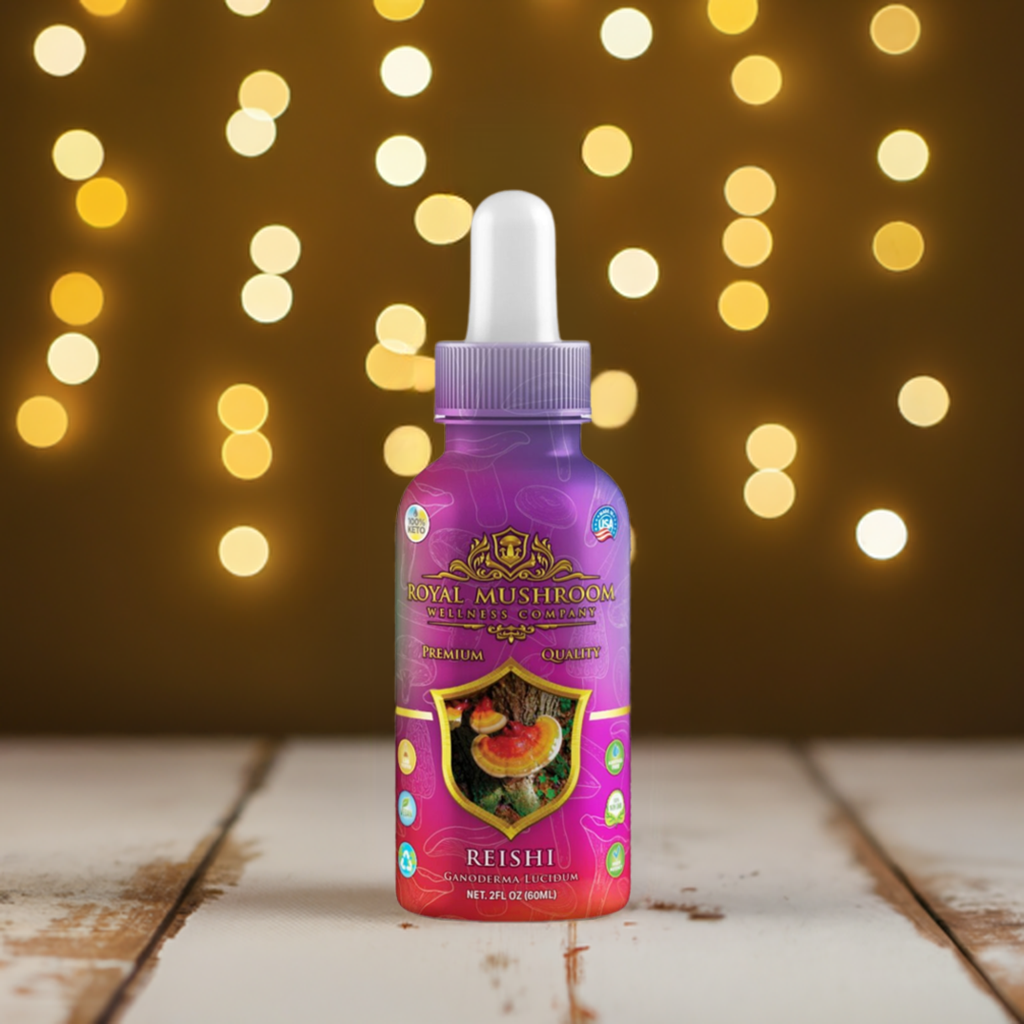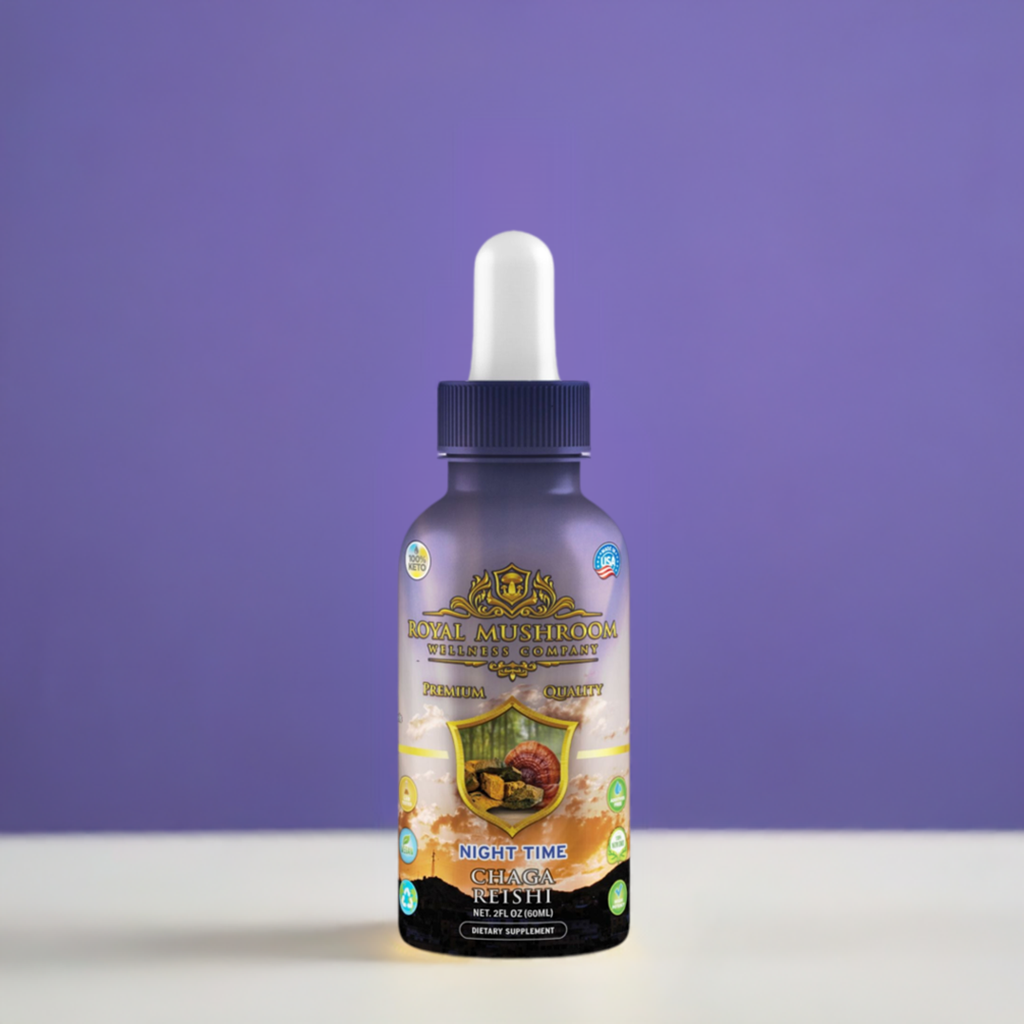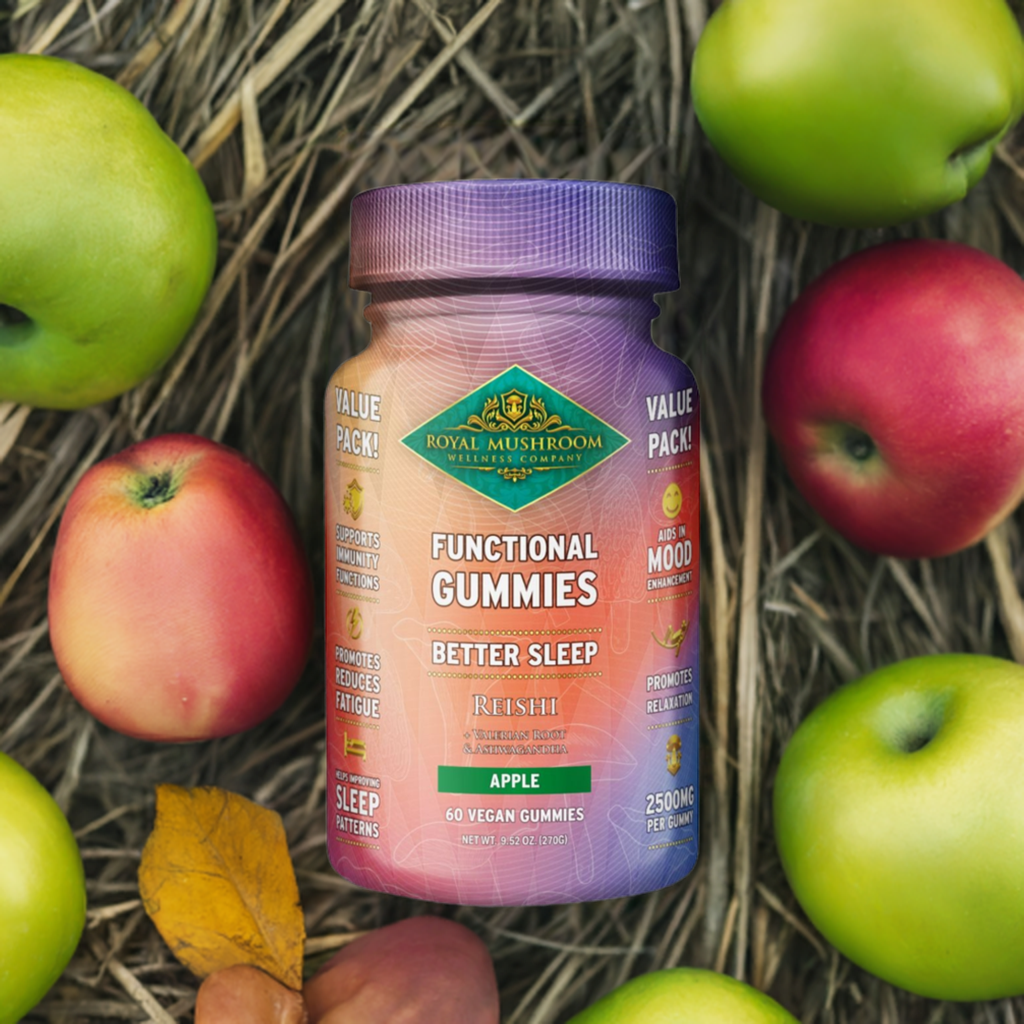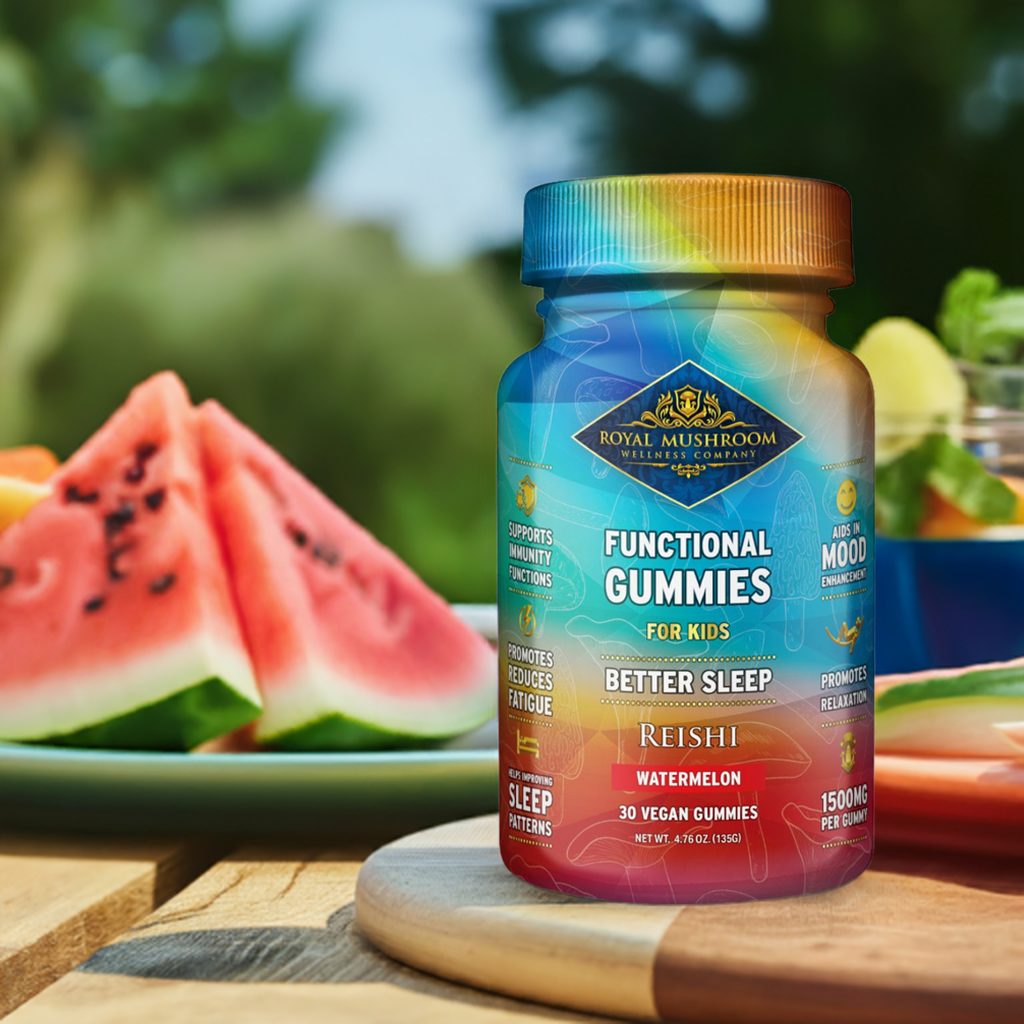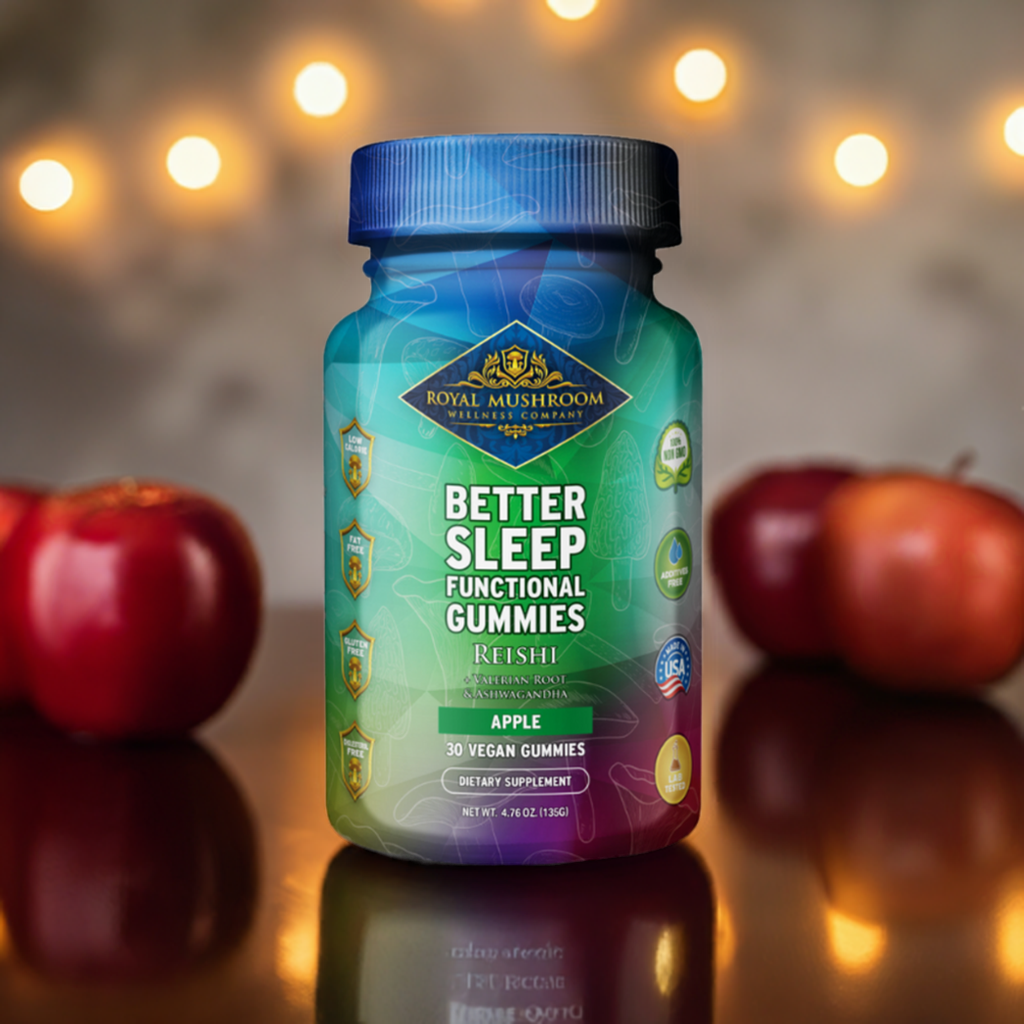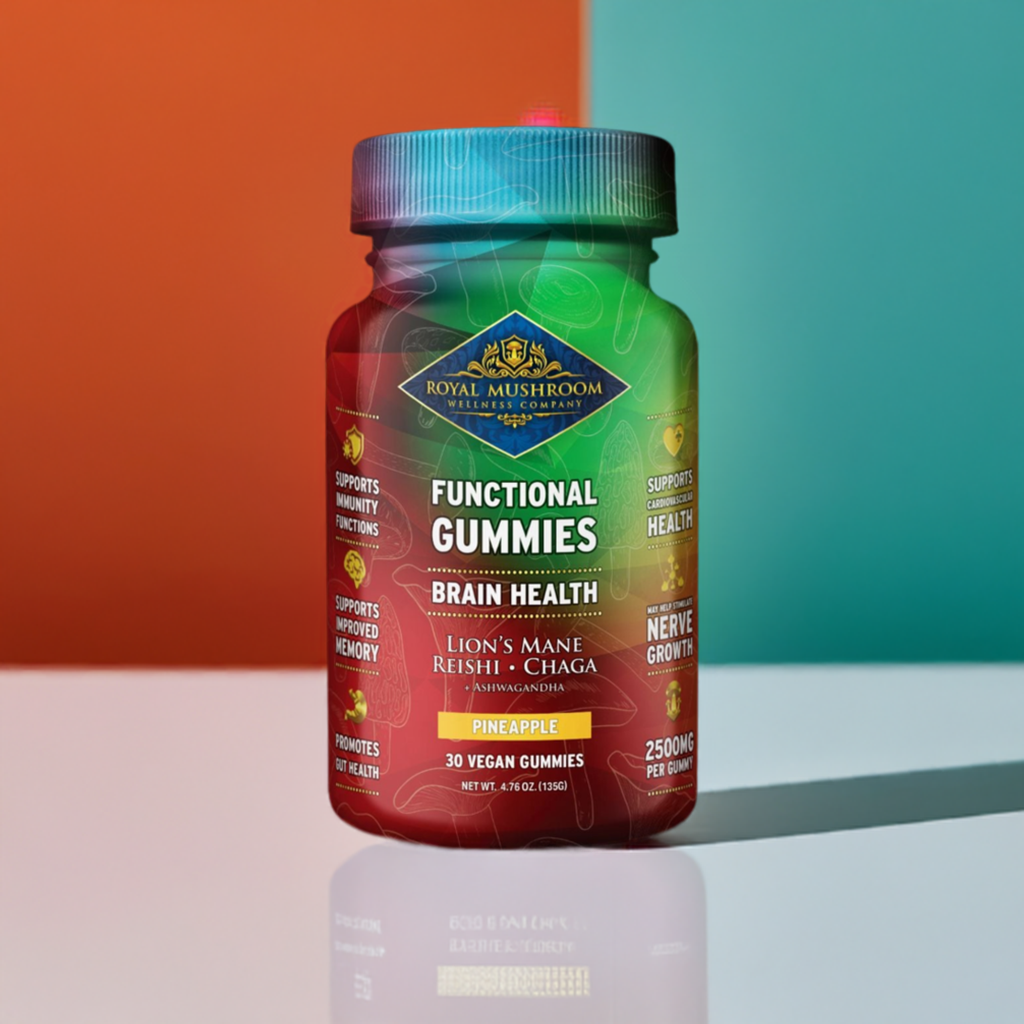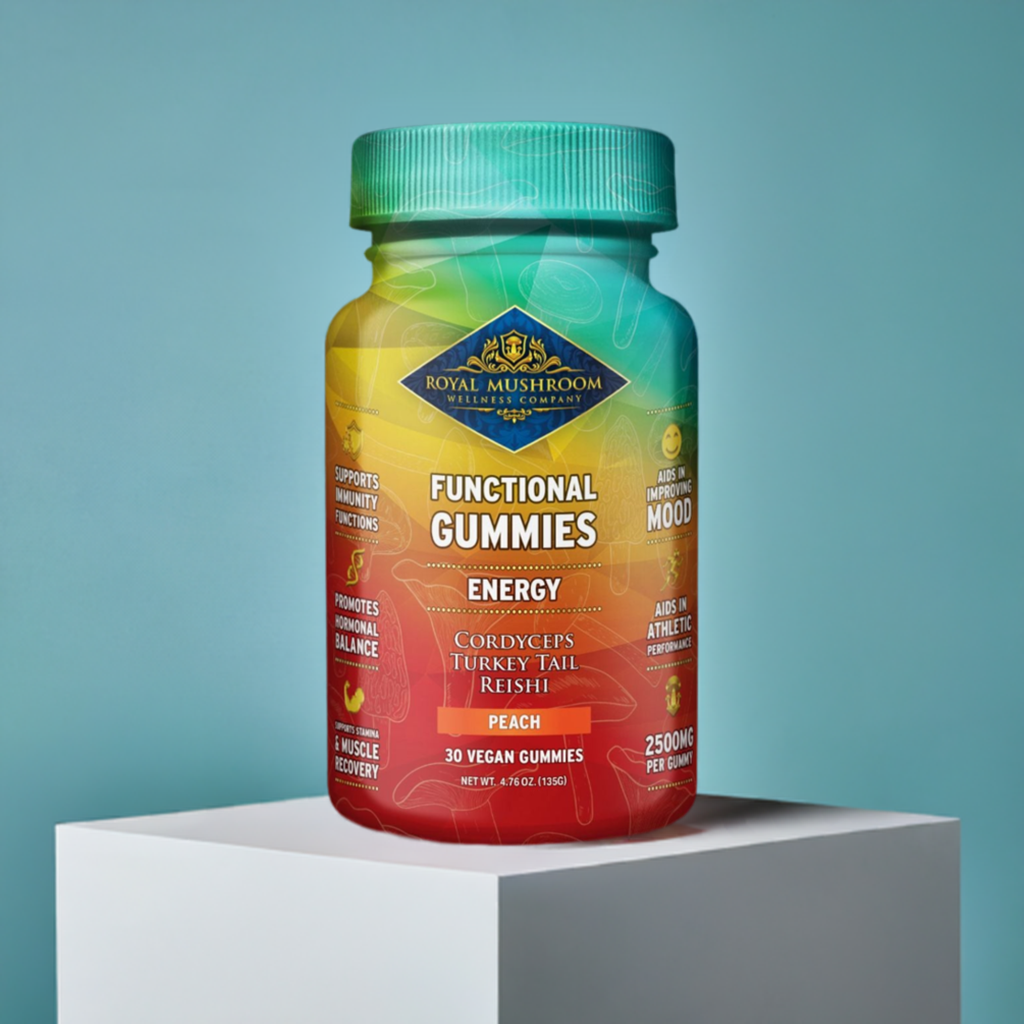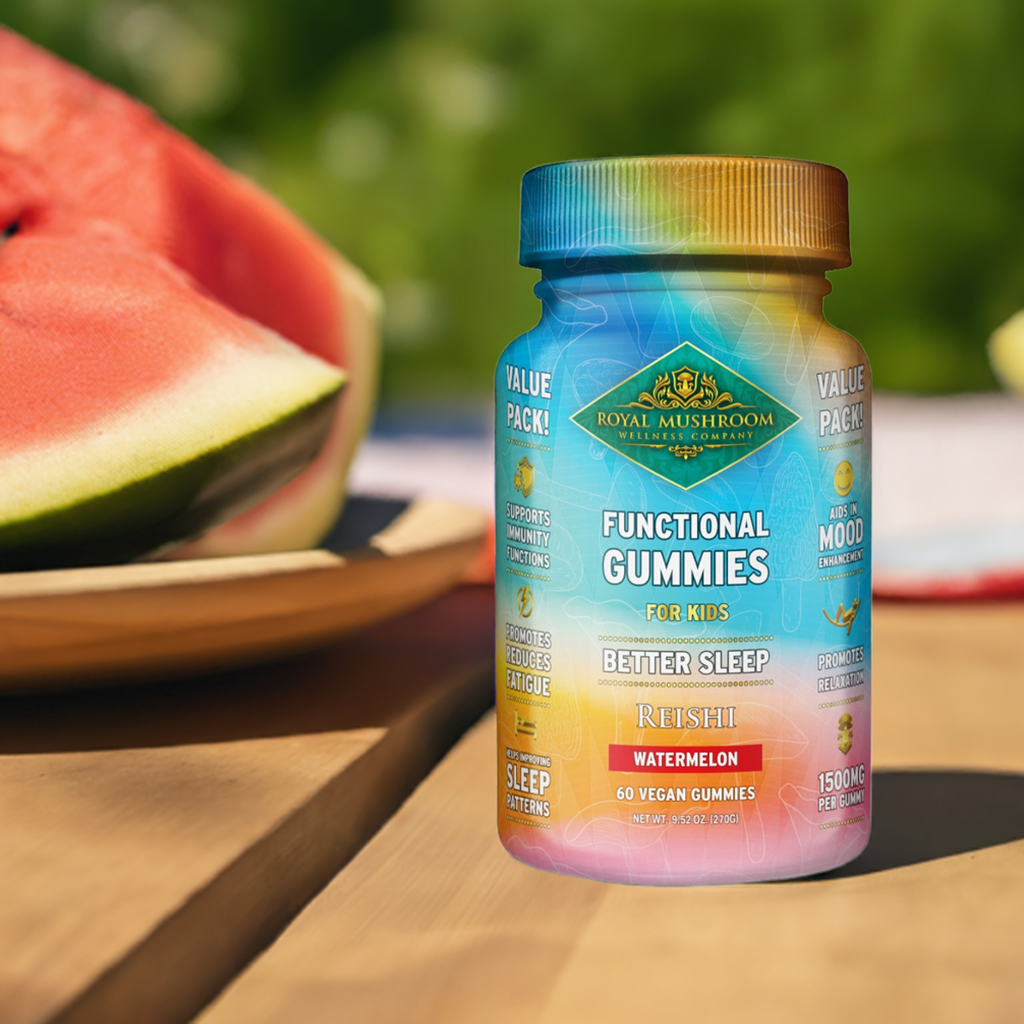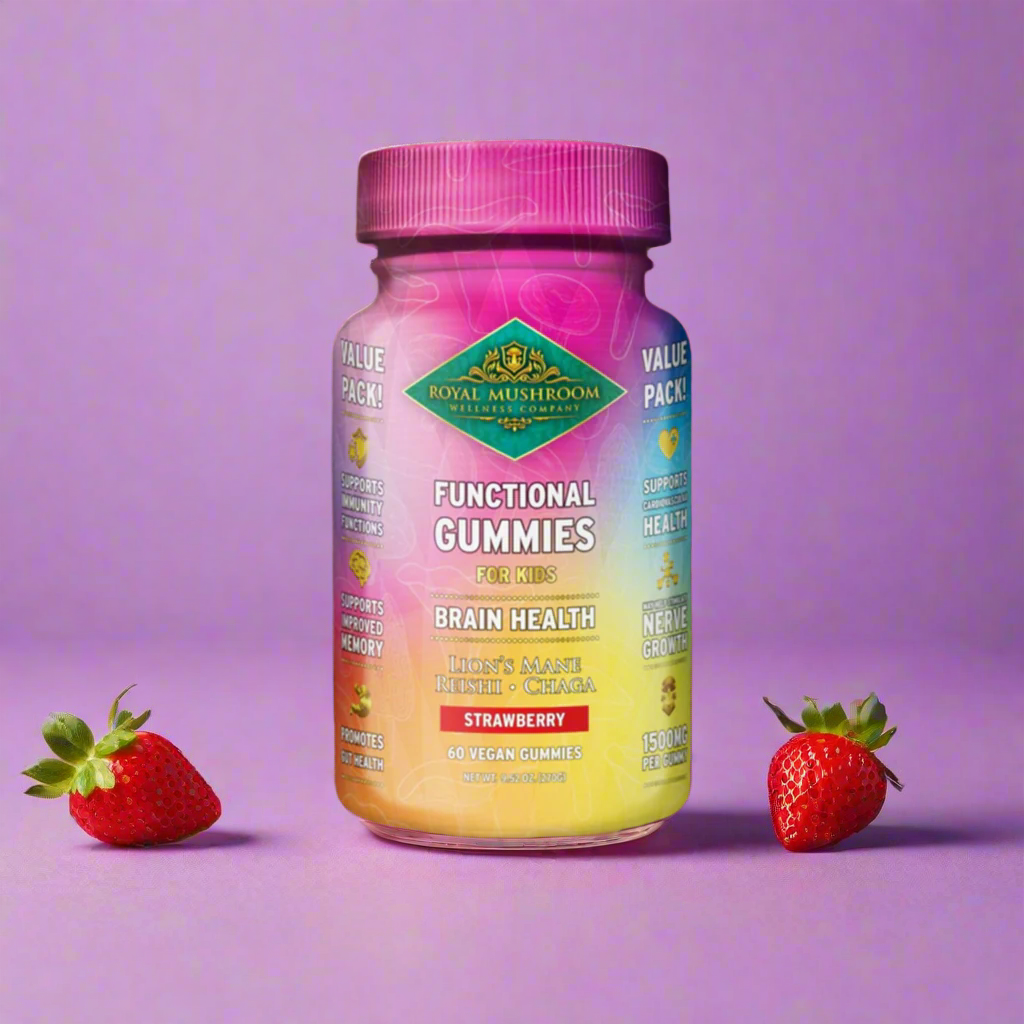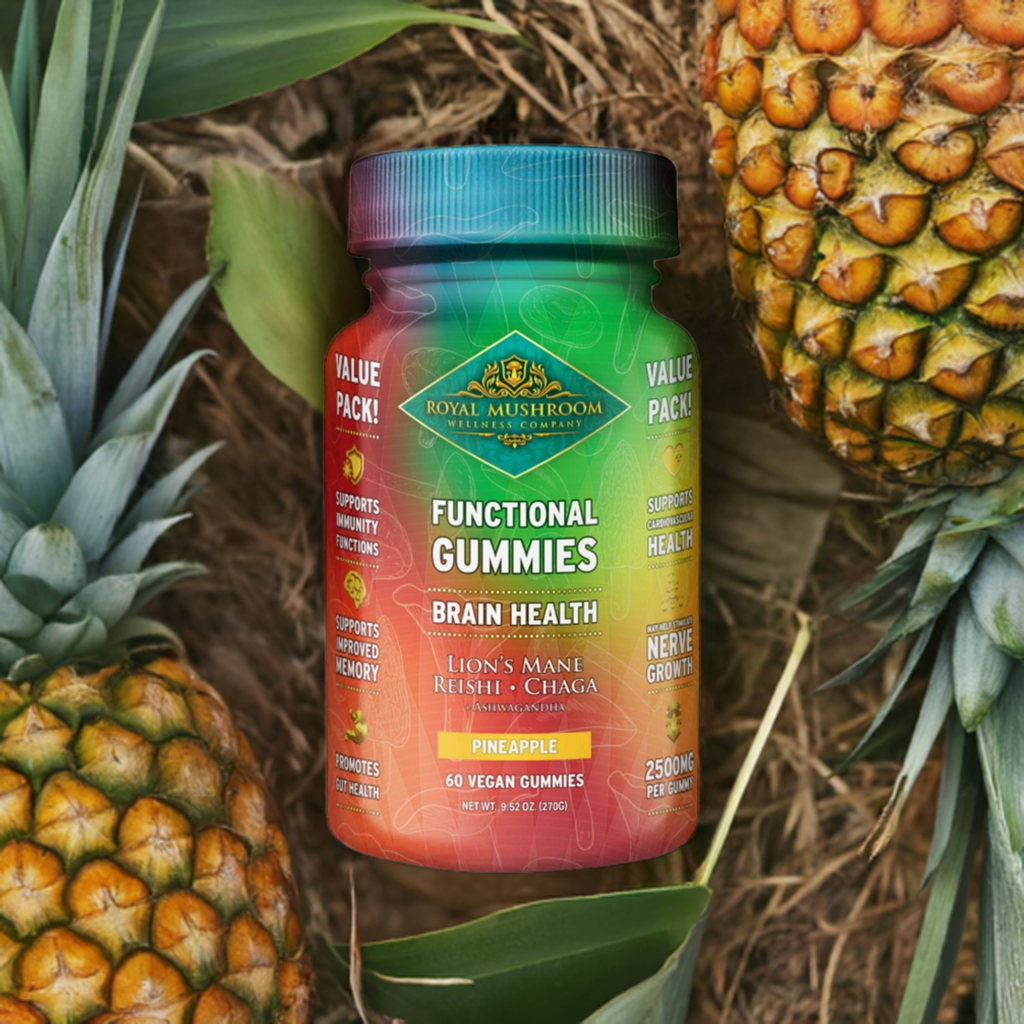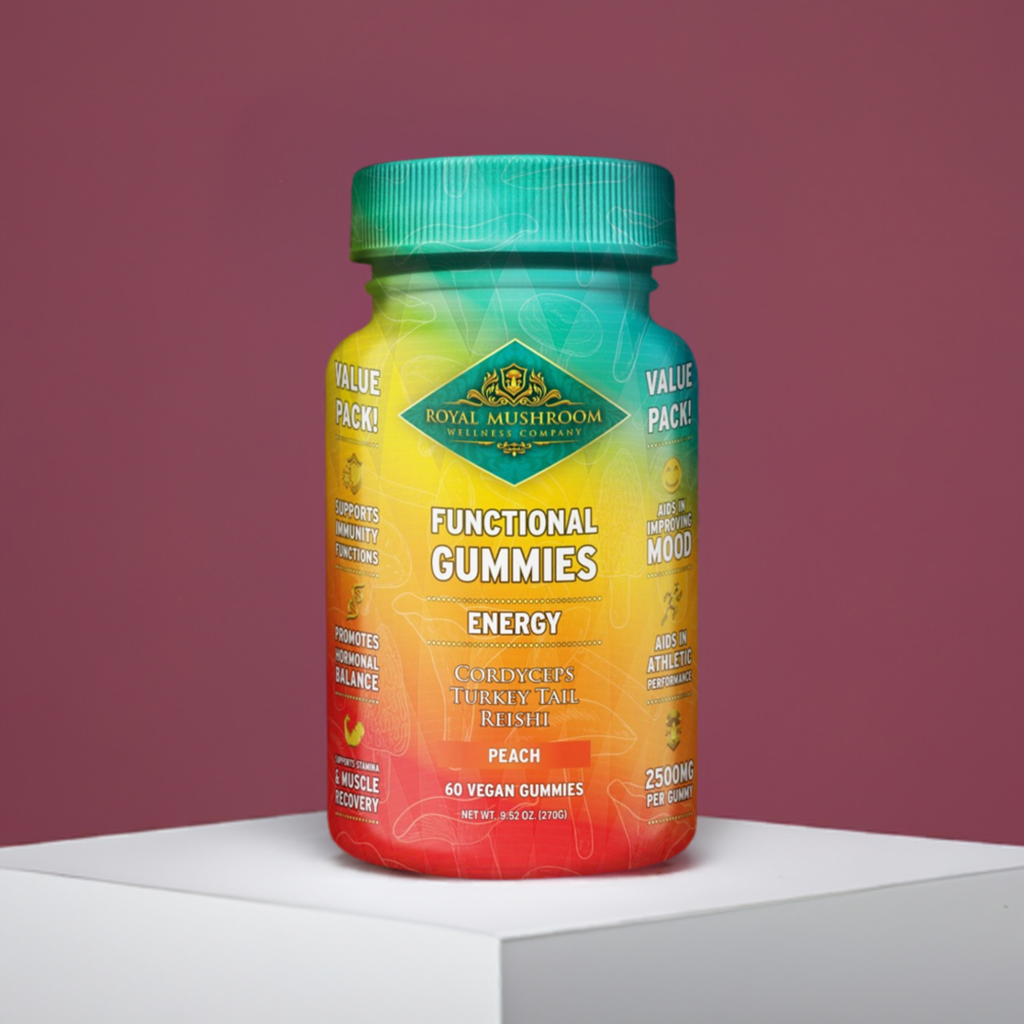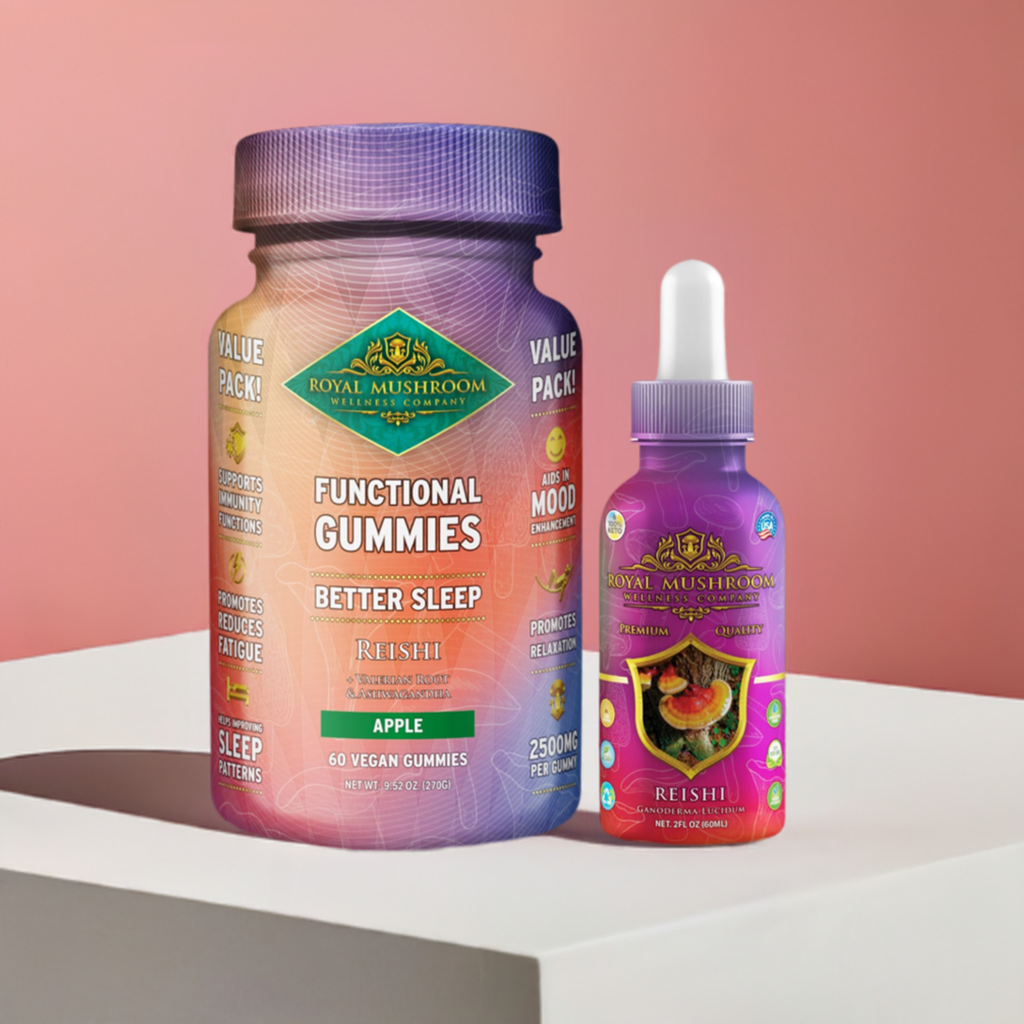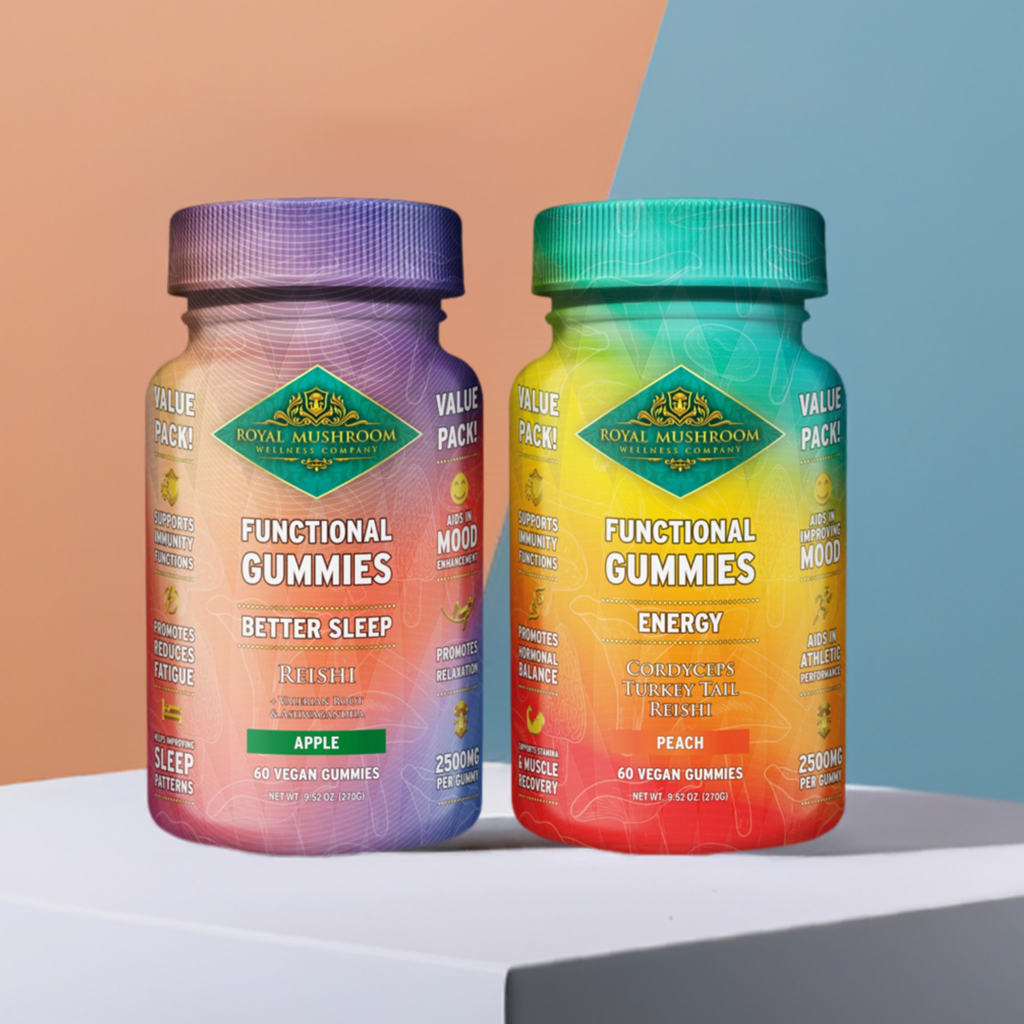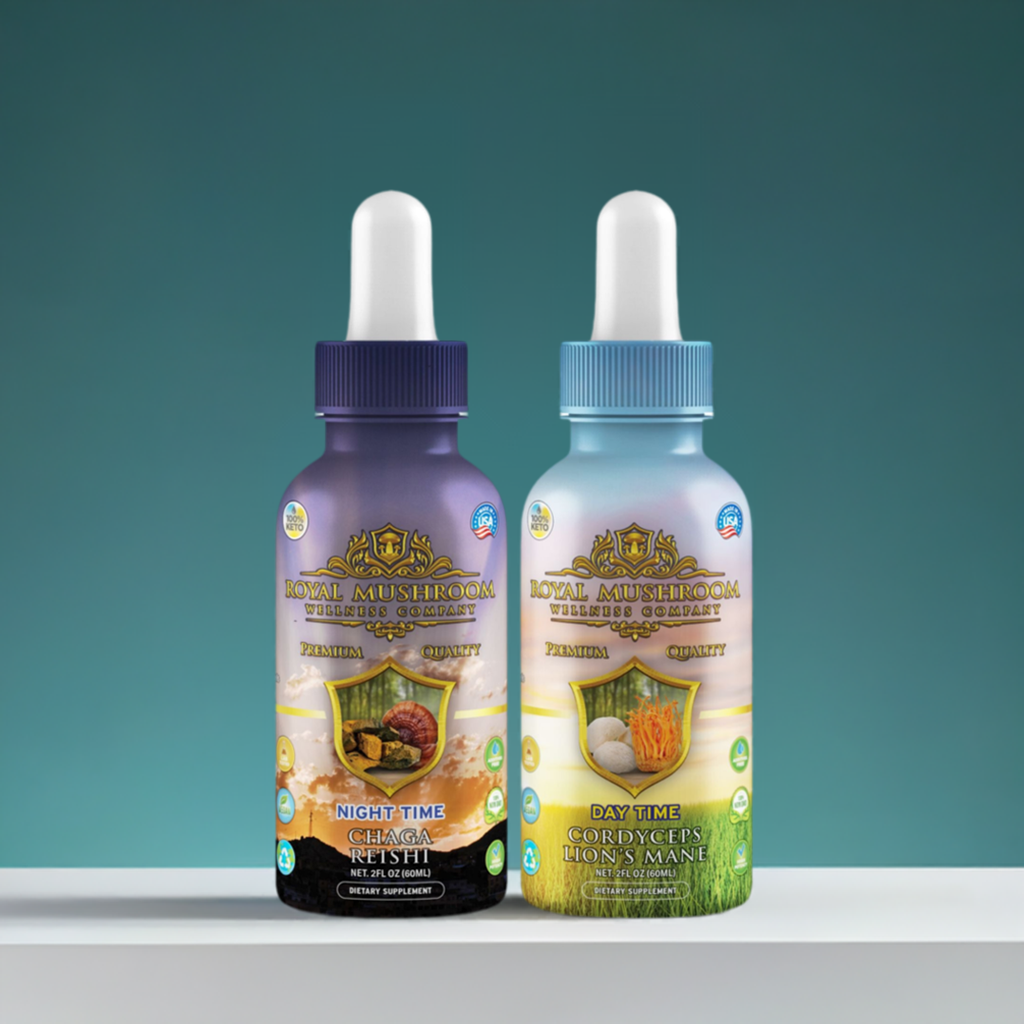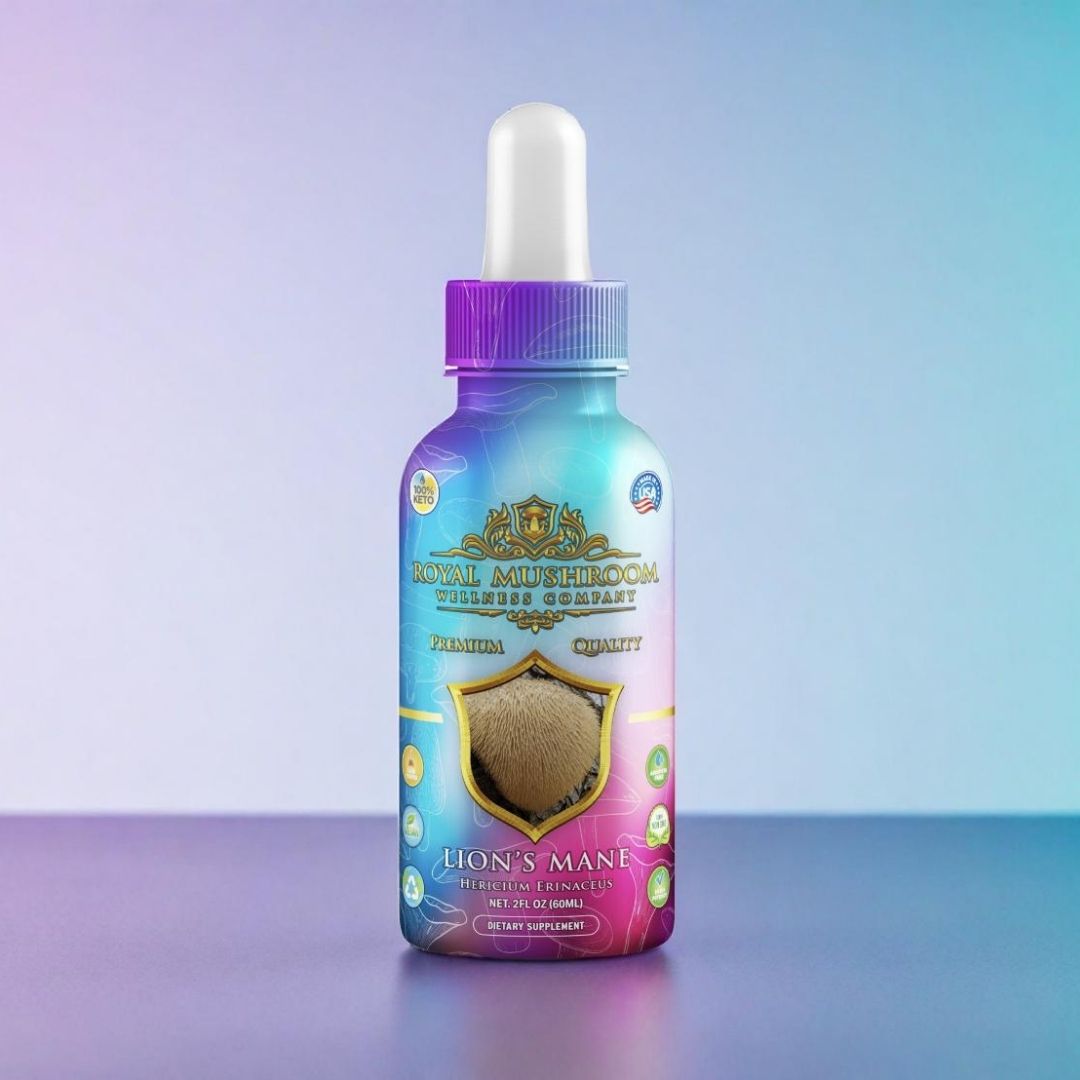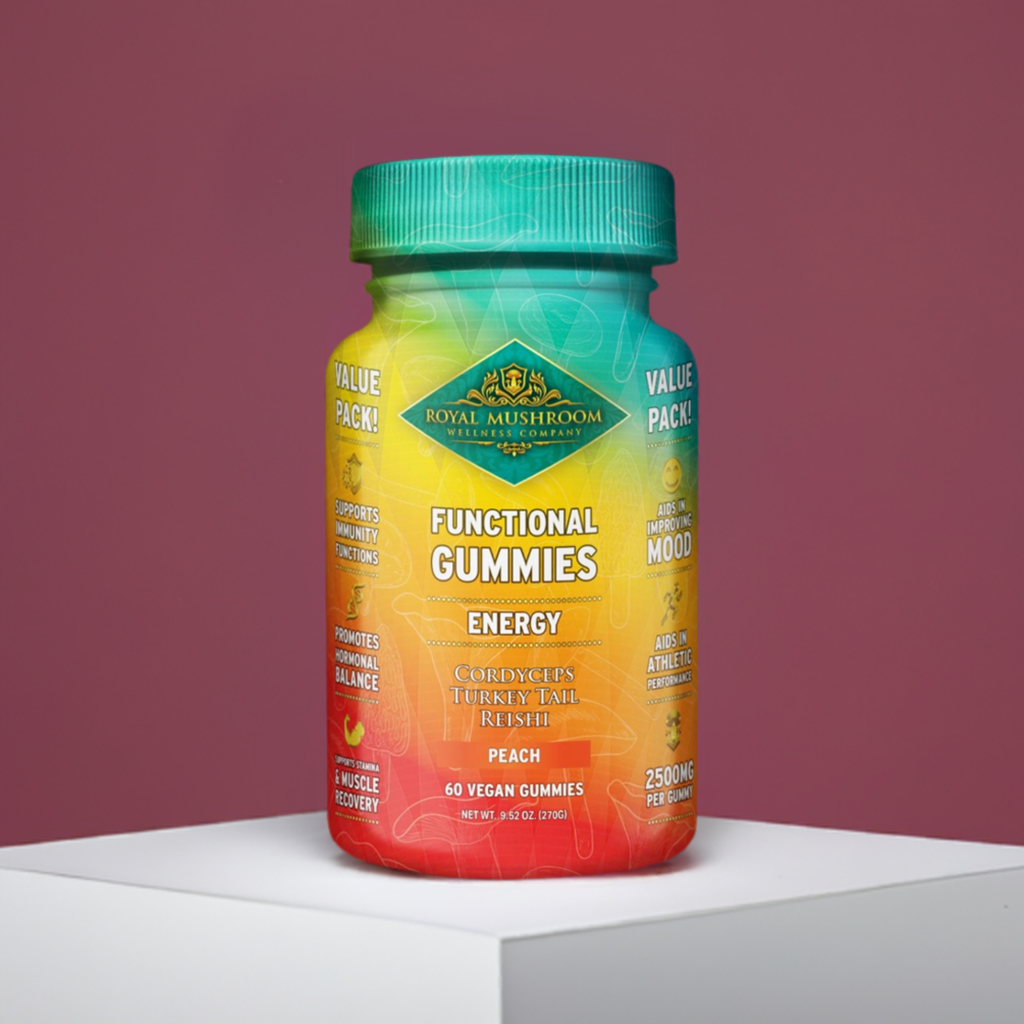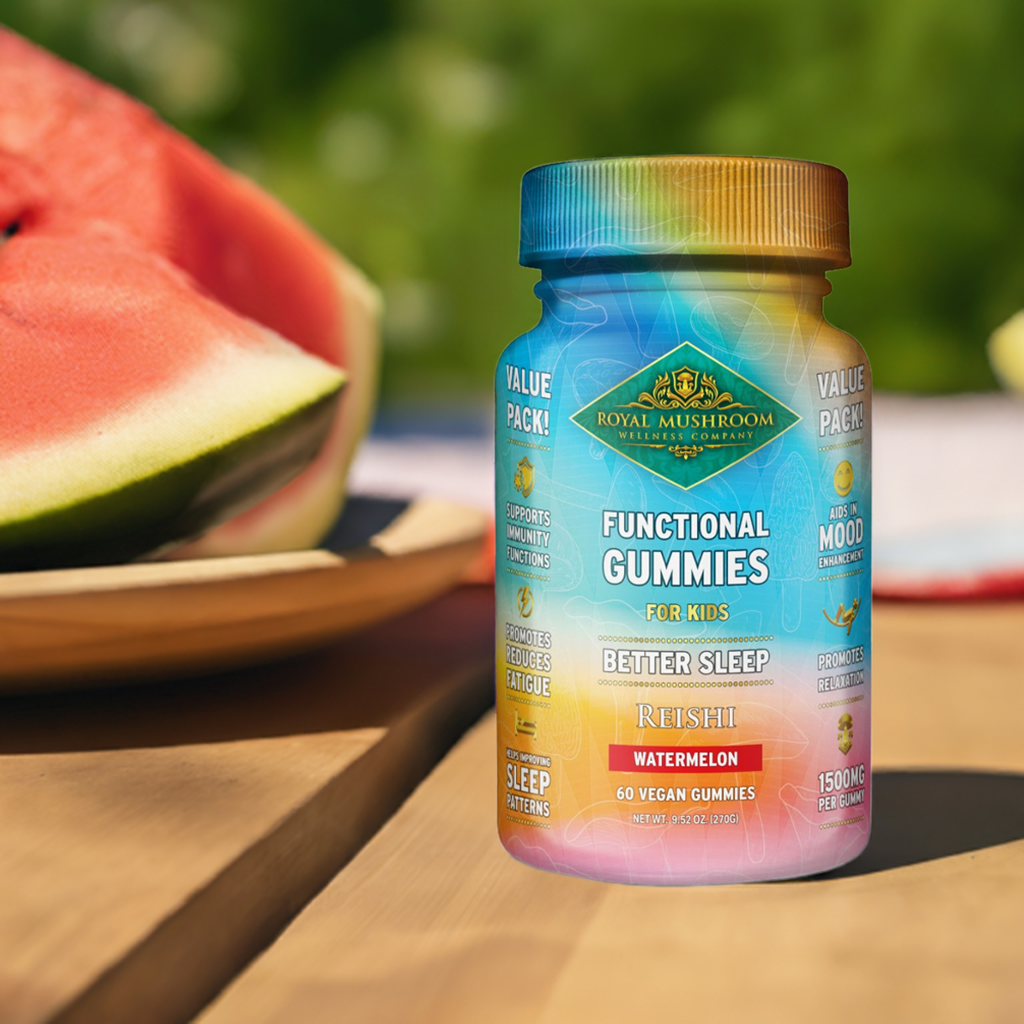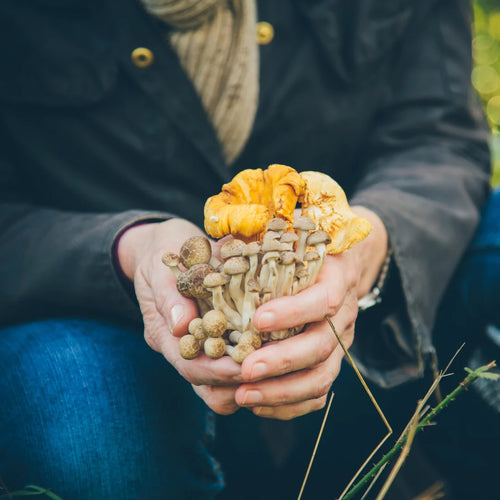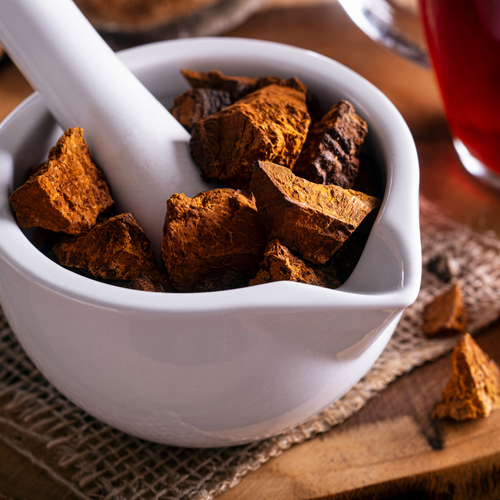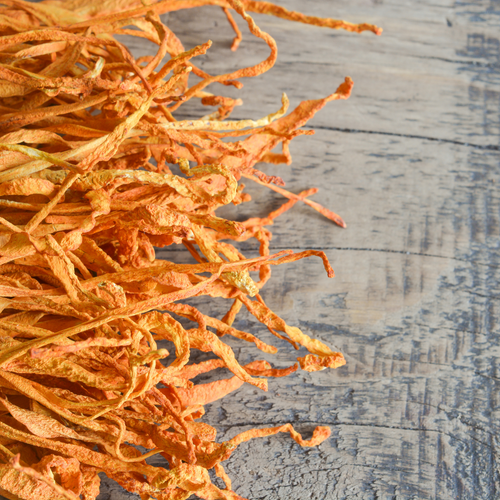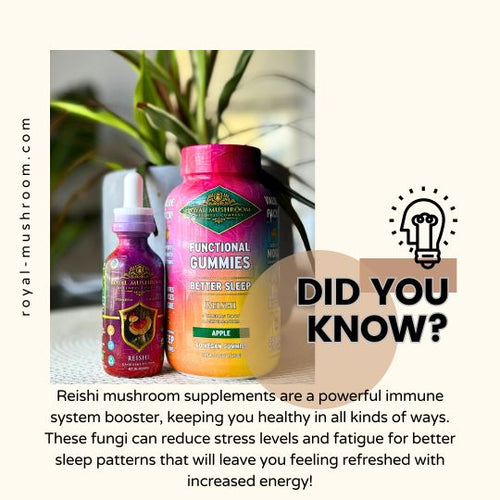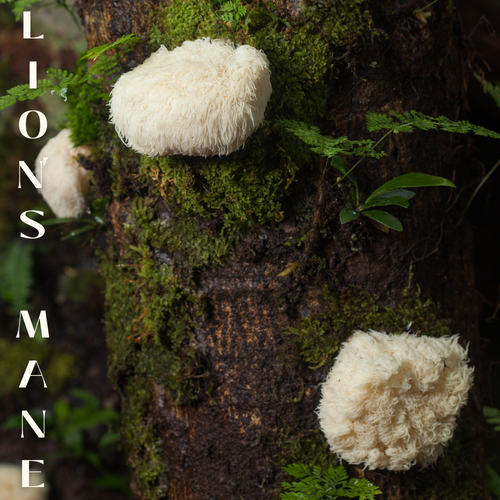Poor sleep is a modern epidemic, with more people turning to natural sleep supplements to get their circadian rhythms back on track. Among the rising stars of herbal sleep aids are Reishi gummies—delicious, functional products that may help you fall asleep faster and sleep deeper. In this article, we’ll explore the science behind Reishi gummies and the sleep cycle, focusing on the role of triterpenes in REM and deep sleep, and how they compare to traditional sleep solutions like melatonin.
What Are Reishi Gummies and How Do They Support the Sleep Cycle?
Reishi mushroom (Ganoderma lucidum) has been used in Eastern medicine for centuries to calm the nervous system and enhance sleep. Modern wellness brands have transformed this into Reishi gummies, combining reishi extract sleep support with a convenient, tasty delivery method.
Reishi supports the natural sleep cycle by:
-
Modulating the nervous system
-
Reducing stress and anxiety
-
Improving sleep onset and duration
A 2021 study in Molecules found that Reishi mushroom extract promotes sleep by interacting with GABAergic pathways—similar to how sedatives work but without side effects.
Key Sleep Benefits of Reishi Gummies:
| Benefit | How It Helps |
|---|---|
| Reduces Sleep Latency | Shortens time to fall asleep |
| Enhances REM Sleep | Improves brain recovery and memory consolidation |
| Promotes Deep Sleep | Supports physical repair and immune restoration |
| Regulates Circadian Rhythm | Balances wake/sleep cycles |
Understanding REM Sleep and Deep Sleep: Why Quality Matters
There are multiple stages of the sleep cycle, but REM (Rapid Eye Movement) and deep sleep (slow-wave sleep) are the most critical for full restoration.
What Is REM Sleep?
-
The dreaming phase
-
Vital for brain detox and emotional regulation
What Is Deep Sleep?
-
Non-REM stage 3
-
Essential for cellular repair, hormone regulation, and immune health
When people ask "does Reishi help with REM sleep?", the answer lies in its adaptogenic and neuroprotective effects, which support transitions into both REM and deep sleep.
According to a 2022 study in the Journal of Ethnopharmacology, reishi triterpenes improved sleep structure by increasing time spent in non-REM and REM phases.
Triterpenes in Reishi: The Key to Better Sleep and Relaxation
The secret power of Reishi mushroom sleep aid lies in its triterpenes—a class of compounds that have:
-
Anti-inflammatory effects
-
Nervous system calming properties
-
Hormonal balancing potential
How Triterpenes Influence Sleep Quality:
| Triterpene Compound | Sleep Function |
| Ganoderic acid | Reduces cortisol, promotes relaxation |
| Lucidenic acid | Enhances GABA response, calms the brain |
| Ganolucidic acid | Supports neurotransmitter balance |
These triterpenes work together to support natural sleep cycle support, allowing you to fall asleep more easily and transition smoothly between sleep stages.
How Reishi Gummies Help with Sleep Disorders Like Insomnia and Sleep Latency
One of the most common modern issues is sleep latency—the time it takes to fall asleep. Reishi gummies may help reduce this by decreasing overactivity in the brain.
Benefits of Reishi Gummies for Sleep Disorders:
-
Non-habit forming unlike prescription meds
-
Can be taken daily with no withdrawal risk
-
Addresses root causes like anxiety and cortisol spikes
A double-blind clinical trial on reishi and insomnia showed measurable improvement in total sleep time and latency compared to placebo after 2 weeks.
Reishi vs Melatonin: Which Is Better for Sleep Support?
Melatonin is a hormone that tells your body it’s time to sleep—but taking it long-term can mess with your natural production. Reishi, on the other hand, works with your body’s systems.
| Factor | Reishi Gummies | Melatonin Pills |
| Hormonal Disruption | None | Possible with overuse |
| Habit Forming | No | Potentially |
| Suitable for Daily Use | Yes | No (recommended short-term only) |
| Additional Benefits | Immune support, stress relief | Just sleep timing |
Reishi mushroom vs melatonin for sleep isn’t a matter of which is stronger—it’s about safety, sustainability, and additional health benefits.
How Long Does It Take for Reishi Gummies to Work? Dosage, Timing, and What to Expect
“How long does it take for Reishi to help sleep?”
-
Some users report results within a few nights
-
Best results occur after 1–2 weeks of consistent use
Recommended Use:
-
Dose: 500–1000 mg reishi extract (dual-extracted preferred)
-
Timing: 30–60 minutes before bed
-
Form: Gummies offer better compliance and absorption for many users
Note: Always check if your Reishi gummies are dual-extracted for maximum triterpene and beta-glucan content.
Best Time to Take Reishi Gummies for REM & Deep Sleep
The ideal time to take Reishi gummies is 30–60 minutes before bedtime. This aligns with your circadian rhythm, allowing triterpenes to kick in right as your body prepares to sleep.
Timing Tips:
-
Pair with a nighttime routine: meditation, dim lights, no screens
-
Avoid caffeine or heavy meals before dosing
-
Consistency matters: build a habit for best results
Final Thoughts: Are Reishi Gummies a Safe and Natural Sleep Aid?
So, are Reishi gummies good for your sleep cycle? Absolutely. They’re:
-
Backed by clinical research
-
Adaptogenic and supportive of both mind and body
-
Non-habit forming and gentle on your hormonal system
Reishi gummies and the sleep cycle are a match made in wellness heaven—especially if you’re seeking natural sleep supplements that enhance both REM and deep sleep.
Whether you're struggling with insomnia, trying to improve sleep quality, or looking for a long-term sleep solution without the drawbacks of melatonin, Reishi mushroom sleep aids are worth considering.
TL;DR (Too Long; Dreaming Right):
-
Reishi triterpenes support REM & deep sleep through nervous system regulation
-
Gummies are effective, easy to take, and non-addictive
-
Best used daily before bed for lasting impact
-
A safer, smarter alternative to synthetic sleep aids
Ready to sleep deeper, dream clearer, and wake up restored? Try Reishi gummies and let your body do what it was designed to do—naturally rest and repair.




